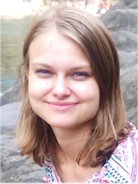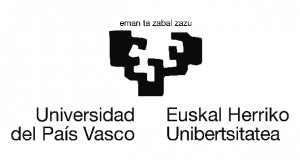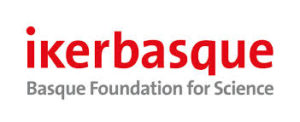
ITN-EJD: Theoretical Chemistry and Computational Modelling
About my PhD project
Computational chemistry is often used to assess reaction mechanisms qualitatively. Catalytic reactions in organometallic chemistry are one frequent area of application – as experimental data may be hard to acquire. Still quantitative predictions of reactivity, i.e. computational kinetics studies of catalysis, are harder to perform, as they require very accurate electronic structure methods. However such calculations are now starting to be possible. The previously studied hydroformylation of alkenes (Computational Kinetics of Cobalt-Catalyzed Alkene Hydroformylation, Laura E. Rush, P. G. Pringle and J. N. Harvey, Angew. Chem., Int. Ed., 2014, 53, 8672 – 8676) is the basis of the new work, which purpose is to make much firmer conclusions about turnover-limiting steps of the reaction. Moreover the new aspects of hydroformylation of alkenes (e.g. selectivity) may be investigated. In the framework of this project also other catalytic processes like hydrocyanization will be studied. The aim of this research project is to develop and use multidisciplinary computational techniques (methods and software) in order to extend the knowledge of mechanisms and kinetics of catalytic reaction in organometallic chemistry. Density functional theory and accurate explicitly-correlated coupled-cluster methods will be used to compute energies of the hydroformylation reactions. This project will be performed in collaboration between Catholic University of Leuven, University of the Basque Country, and AlyaTech as the secondment partner.
About Me
I come from a beautiful little village in Poland surrounded by meadows and forests. I left that place in 2009 when I started to study Materials Engineering at the Chemistry Department in Wroclaw University of Thechnology. During working on my engineer’s project I attended my first scientific conference where I found out that research is my passion and could be the right future occupation for me. That’s why after becoming an engineer I continued my education and succeeded to get a master degree in Molecular nano- and bio-photonics for telecommunications and biotechnologies. As I was always working as an experimentalist I wanted to develop my skills in theoretical scientific approach and that’s why at the moment I pursue my PhD in the framework of the Theoretical Chemistry and Computational Modelling.


